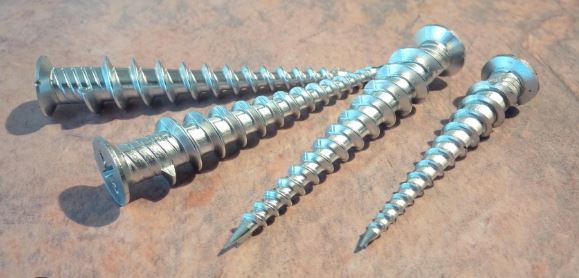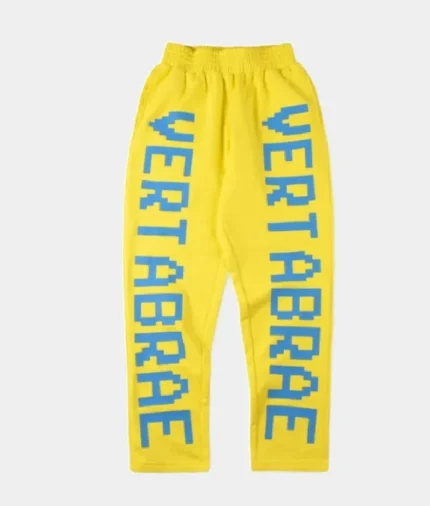Metal stud screws are essential fasteners in various construction projects. Specifically, they are designed for use with metal studs and frameworks. Consequently, understanding their features, applications, and benefits is crucial for any builder. This guide will delve into the various aspects of metal stud screws.
What Are Metal Stud Screws?
Definition and Purpose
Metal stud screws are specialized screws designed to fasten metal studs screws together. Specifically, they help create strong, stable structures in commercial and residential buildings. Consequently, these screws are crucial in maintaining structural integrity.
Common Materials Used
Typically, metal stud screws are made from high-strength steel. Specifically, they may have a zinc coating for corrosion resistance. Consequently, this ensures longevity and durability in various environments.
Types of Metal Stud Screws
Self-Drilling Screws
Self-drilling screws are designed to drill their own holes. Specifically, they eliminate the need for pre-drilling, saving time during installation. Consequently, these screws are ideal for quick and efficient assembly.
Features of Self-Drilling Screws
Self-drilling screws feature a sharp tip that penetrates metal easily. Specifically, this design minimizes the risk of damage to the metal stud. Therefore, they ensure a clean and precise installation.
Self-Tapping Screws
Self-tapping screws create their own threads in the metal stud. Specifically, they provide a secure fit without additional tools. Consequently, these screws are beneficial for various applications where strong fastening is required.
Advantages of Self-Tapping Screws
Self-tapping screws offer quick installation and strong holding power. Specifically, they are excellent for applications where space is limited. Consequently, they are widely used in metal framing and drywall installations.
Specialty Screws
Specialty screws cater to specific applications and requirements. Specifically, these screws may include features such as additional coatings or unique thread designs. Consequently, they enhance performance in demanding environments.
Applications of Specialty Screws
Specialty screws are often used in high-stress or corrosive environments. Specifically, they can be utilized in outdoor construction or industrial settings. Therefore, selecting the right specialty screw is crucial for performance.
Key Features of Metal Stud Screws
Thread Design
The thread design of metal stud screws plays a critical role in their performance. Specifically, coarse threads provide better grip in metal. Consequently, they enhance the holding power of the screw.
Coating Options
Metal stud screws come with various coating options for added protection. Specifically, coatings like zinc or epoxy help prevent corrosion. Consequently, selecting the right coating ensures longevity in various environments.
Length and Diameter
The length and diameter of metal stud screws are crucial for compatibility. Specifically, choosing the right size prevents stripping and ensures a secure fit. Consequently, it is essential to assess the requirements before purchasing.
Applications of Metal Stud Screws
Drywall Installation
Metal stud screws are widely used in drywall installations. Specifically, they help secure drywall to metal studs efficiently. Consequently, this ensures a smooth and even finish in interior spaces.
Commercial Construction
In commercial construction, metal stud screws are essential for framing. Specifically, they are used to create walls and partitions in commercial buildings. Consequently, these screws contribute to the structural stability of large projects.
Residential Projects
Homeowners also benefit from metal screws in various projects. Specifically, they can be used for remodeling and renovations. Consequently, these screws provide reliable solutions for DIY enthusiasts and professionals alike.
Benefits of Using Metal Stud Screws
Enhanced Strength and Durability
Metal stud screws offer superior strength compared to traditional wood screws. Specifically, they are designed to withstand higher loads and stresses. Consequently, this ensures long-lasting and reliable performance.
Ease of Installation
The ease of installation is a significant advantage of metal screws. Specifically, self-drilling and self-tapping options simplify the process. Consequently, this saves time and reduces labor costs on projects.
Cost-Effectiveness
Using metal stud can be cost-effective in the long run. Specifically, their durability means fewer replacements and repairs. Consequently, this leads to savings on materials and labor over time.
Choosing the Right Metal Stud Screws
Assessing Project Requirements
Before selecting metal screws, assess the specific project requirements. Specifically, consider factors such as material thickness and load-bearing needs. Consequently, this will guide you in choosing the right screws.
Consulting Professionals
Consulting with construction professionals can provide valuable insights. Specifically, experienced builders can recommend the best screws for specific applications. Consequently, this can lead to improved project outcomes.
Testing and Quality Assurance
Testing and quality assurance are essential in selecting metal screws. Specifically, look for screws that meet industry standards for performance. Consequently, this ensures that you are using high-quality products.
Common Mistakes to Avoid
Using Incorrect Screw Types
One common mistake is using the wrong type of screw for the application. Specifically, using wood screws instead of metal stud screws can lead to failures. Consequently, always select the appropriate screw type for metal framing.
Neglecting Proper Installation Techniques
Neglecting proper installation techniques can compromise the effectiveness of metal screws. Specifically, over-tightening can strip the threads and weaken the hold. Consequently, follow manufacturer guidelines for best practices.
Ignoring Environmental Factors
Ignoring environmental factors can lead to premature failure of screws. Specifically, consider humidity, temperature, and exposure to chemicals. Consequently, this will guide you in selecting suitable coatings and screw types.
Maintenance and Care
Regular Inspections
Conducting regular inspections can help maintain the integrity of metal stud screws. Specifically, check for signs of corrosion or loosening over time. Consequently, this ensures that any issues are addressed promptly.
Addressing Corrosion
If corrosion is detected, it is essential to take immediate action. Specifically, replace any damaged screws and consider using corrosion-resistant options. Consequently, this helps maintain structural integrity and safety.
Replacing Worn Screws
Replacing worn screws is crucial for long-term performance. Specifically, any screws that show signs of wear should be replaced immediately. Consequently, this ensures the continued strength of the assembly.
Conclusion: The Value of Metal Stud Screws
In conclusion, metal screws are indispensable in modern construction. Specifically, their unique features and applications make them essential for various projects. Consequently, understanding their types, benefits, and proper usage is crucial for builders. By selecting the right screws, you can enhance the strength, durability, and efficiency of your projects.




